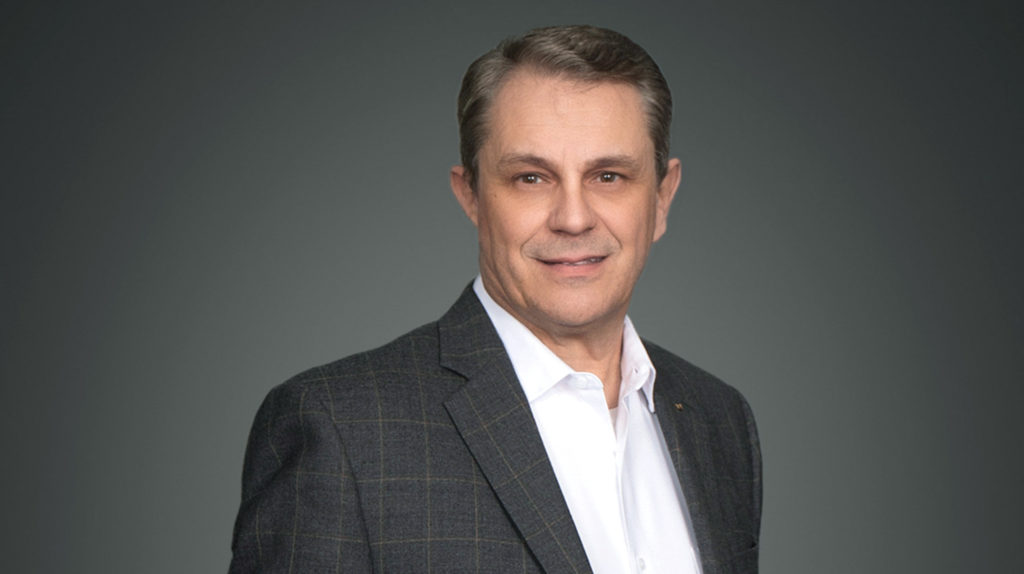Guy Lieser, the CEO of FBO Operator Revv Aviation, discusses his career path and Revv’s community-centric approach to FBO development.
How did you get your start in aviation?
I started flying when I was 13 years old. I was a busboy at a restaurant, making a buck and a half an hour. I’d pedal my bike to the airport here in Aurora, Colorado. It was a seven mile ride out to the airfield, but I could take an airplane ride for five dollars.
I was out there so much the owner eventually asked me if I’d like to work there, gassing airplanes. That’s how I started, making a dollar and a quarter per hour. Now I’ve had a long career in aviation to the point where I’m able to offer jobs to others.
What differentiates Revv from its competitors?
We’re looking for like-minded people and opportunities aligned with what we’re trying to build. Our goal is to reconnect small towns using aviation. We believe that there’s great value in small towns, not just in the airports but in the communities.
For example, in Aurora we have a US$10 million commitment to invest in the airport, but we’re also investing in the downtown area, in the buildings and opportunities present in these small communities.
What do you see as the challenges facing general aviation and local airports?
Getting the community involved is a good way to reawaken these airports and find a way for us to connect. There are good paying jobs in the industry; pilots, mechanics, technicians, but the value has been sucked out of them by larger private-equity companies who have consolidated a lot of the services at larger locations, where small airports become big fuel stops. That’s really where the money’s at when you’re talking about millions of gallons of fuel, but they took a lot of the services away from small airports and left them semi-abandoned.
We spend a lot of time in developing better facilities. What we see here in the USA is a demand for hangar storage. General aviation has grown significantly through the Covid time frame as companies and people move to private aviation.
What is Revv’s involvement in flight schools and university programs?
We’re starting a program this fall specifically targeting recruitment at high school, college, and university systems. Many don’t have the knowledge of or are seemingly unwilling to offer is content about the maintenance and ownership of aircraft and running an FBO. We provide the flight service program.
We’re not financially connected to the universities, but in terms of pipeline many of the students graduate through our programs to obtain their private pilot or commercial pilot licence, instrument rating, multi-engine rating, then they become flight instructors. They work for us, and teach incoming students before moving on to the airline. Last year we graduated close to 30 students to various airlines from our program.
From your perspective, what is in store for the future of aviation?
There’s a tendency in this business to stick everybody in sims, but we’re never going to get away from having a pilot in the cockpit, there will always be a human element.
Today’s younger generations are far more technically savvy than I could have ever imagined. The airplanes we fly today are incredibly technologically sophisticated, it’s not analogue anymore.
Young people are extremely adept at programming but can sometimes lack the tactile skills of flying. We have a well-positioned young generation who can meet the demand for nearly 500,000 pilot jobs, but it’s super important we don’t lose the art of stick and rudder flying.





